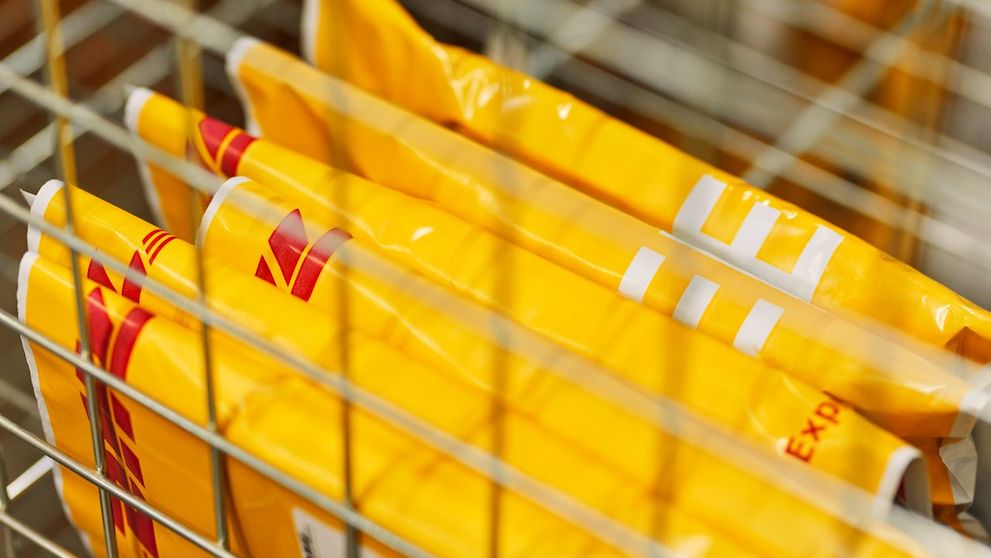Shipping paperwork is essential for facilitating a seamless and transparent commerce transaction, as we may already know. And the Certificate of Origin performs the most crucial part in the great majority of paperwork to make sure that these things are from where people think they are.
Making sure a product is legitimate and understanding its origin has become vital in international trade, where items cross borders and oceans every day. The Certificate of Origin is one of the crucial papers that makes trade transactions simple and transparent. If you’re wondering what is a certificate of origin, fear not as this article is written just for you!
What is a Certificate of Origin?
A Certificate of Origin (CO) also sometimes known as C/O Form D is a legal document that certifies the country of origin of products that are being exported. It is provided by the appropriate authorities. It serves as proof, demonstrating that the goods came from a specific nation or area. Important details about the exporter, the goods, its harmonised system number, the country of origin, and the authority's stamp or signature are all included in the CO.
What is in Certificate of Origin?
The product's manufacturer's name, address, and phone number, along with information on where they are located
The exporting agent's name and contact information
Name and contact information for the importer or receiver
An explanation of the product(s), together with the relevant product codes (sometimes referred to as HS codes)
Quantity, dimensions, and weight of the thing
A bill of lading or waybill number
Information on the item's mode of transit and route
a paid commercial invoice with a date
Any additional notes or remarks
The two types of Certificates of Origins
Preferential Certificate of Origin (PCO)
This kind of CO serves as proof of origin for products that are entitled to preferential treatment under the relevant trade agreement, such as lower or no tariffs within the framework of the respective trade agreement.
Non-Preferential Certificate of Origin (NPCO)
For products that are not eligible for preferential treatment under any trade agreement, a non-preferential Certificate of Origin is given. For general commerce objectives, such as customs clearance, compliance with import laws, or contractual requirements, this kind of CO is used to confirm the origin of commodities.
Importance of Certificate of Origin
Customs Compliance
A Certificate of Origin is required by customs authorities everywhere to verify the country of origin of imported products. It guarantees adherence to rules governing international trade and avoids fraud, smuggling, and improper duty assessments.
Trade Agreement Benefits
In today’s connected global economy, governments frequently create trade agreements to encourage trade and remove barriers. In order to take advantage of the preferential tariff rates, duty exemptions, or quota advantages provided by these agreements, the Certificate of Origin is crucial. Businesses in Malaysia can take advantage of the CO to get the most out of trade accords like the Malaysia-China Free Trade Agreement (FTA) or the ASEAN Free Trade Area (AFTA).
Enhancing Brand Value
The exported items get legitimacy and authenticity thanks to the Certificate of Origin. Buyers are reassured that the goods are of high quality and come from a nation known for its skill or craftsmanship. This certification can provide Malaysian companies with an advantage over rivals abroad by helping them establish their brand reputation and earn consumer trust.
How do you obtain a Certificate of Origin?
To obtain a Certificate of Origin, Malaysian exporters need to apply through the Malaysian International Chamber of Commerce and Industry (MICCI). They are authorised by the Ministry of International Trade & Industry (MITI) to issue Certificates of Origin for goods exported to any country in the world.
To do so you must first prepare these documents to the MICCI as a trader:
- Certificate of Incorporation / Certificate of Registration in Malaysia (Companies Act 1965 )
- Manufacturing license and certification letter (the manufacturer may submit these documents separately if the data is sensitive)
- Form 49 and the Director's Statutory Declaration
- A sample of the authorized signatories and a copy of the identity card
- Employee list for the supplier(s)
- Bills for raw materials and products (if relevant)
- Samples, photographs, catalogs, if appropriate, and a checklist (per MITI requirements)
1. Determine Eligibility
Analyze your product's eligibility for a preferential or non-preferential certificate in light of the requirements of the destination country or the trade agreement.
2. Gather Documentation
Create all required paperwork, including the commercial invoice, packing list, bill of lading/airway bill, and any other paperwork required by the trade agreement or the destination nation.
3. Application Submission
Send the application form, which has been completed, and the necessary documentation to the Malaysian government agency that has been given authority to issue COs. The Malaysian External Trade Development Corporation (MATRADE) and other chambers of commerce are permitted to issue COs in Malaysia.
4. Verification and Approval
The issuing authority will examine the application, confirm the data supplied, and carry out any required inspections. They will endorse the CO and add their official stamp or signature after they are satisfied.
5. Document Dispatch
Gather the certified Certificate of Origin and deliver it to the logistics or shipping firm in charge of processing the export. They will include the CO in the export paperwork and send it to the destination country's customs authorities.
For Malaysian companies involved in international trade, the Certificate of Origin is an effective tool that offers legitimacy, compliance, and access to trade agreement benefits. This document promotes transparency, streamlines customs processing, and improves the reputation of Malaysian goods on the international market by guaranteeing the accuracy of the product origin statement. To maximize the value of your exports and advance your company toward global success, keep up with the standards and procedures related to the Certificate of Origin.



















